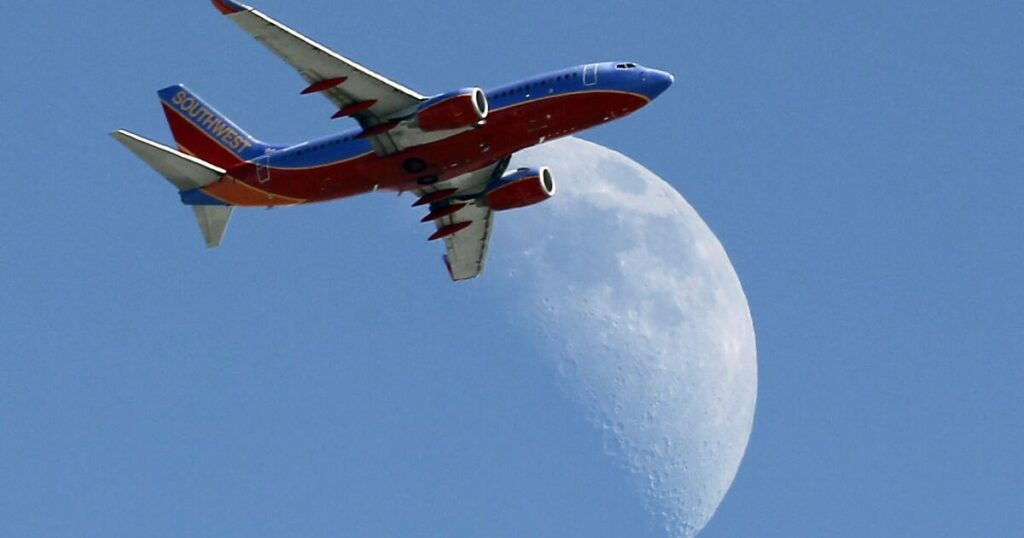Extreme heat caused cans of soda to explode when flight attendants opened them on some Southwest Airlines flights, according to airline officials.
“We are aware of this issue and have been taking steps to keep beverages cool on board, especially at airports where we experience extreme temperatures,” said Chris Perry, a spokesman for Southwest Airlines. “This is a collaborative effort between our airport teams and A cross-functional effort among air personnel.”
Most of the incidents occurred on flights departing from Phoenix and Las Vegas airports, which have been hit by a brutal heat wave with temperatures expected to reach triple digits this week. Other cities include Austin, Houston, Dallas and Sacramento.
The airline does not know how many incidents have been reported so far or how many employees have been injured as a result of the canister explosion.
“But one incident is one too many,” Perry said. “That’s why we’re addressing this issue.”
He said no passengers were injured.
CBS News, which first reported the incident, said about 20 flight attendants were injured when the cans ruptured, including one who required stitches.
Perry said part of the problem may have to do with the way Southwest stores and loads beverages on its planes. Unlike other airlines, Southwest does not store perishable items on board and rarely uses air-conditioned catering trucks, he said.
He said the airline implemented a series of procedures to address the problem of exploding cans, including using coolers and instructing ground crews to return carbonated beverage cans with temperatures of 98 degrees or above back to warehouses for cooling. Flight attendants have also been asked not to open cans that look deformed.
“We’re also testing some air-conditioned trucks in Phoenix and Las Vegas,” he said. “Those two markets are very hot by nature and are our two largest markets.”
The measures are similar to those outlined in an internal email to employees obtained by CBS News.
In a July 12 email titled “Hot Cans and Bursts: Supply Procedure Changes,” company officials said finding solutions to “hot can bursts” is a top priority and listed a list of things the company is implementing A series of changes, such as limiting the time supply cans spend in the heat and storing fewer cans on supply trucks.
Perry said the changes appear to be helping so far, with fewer incidents.

